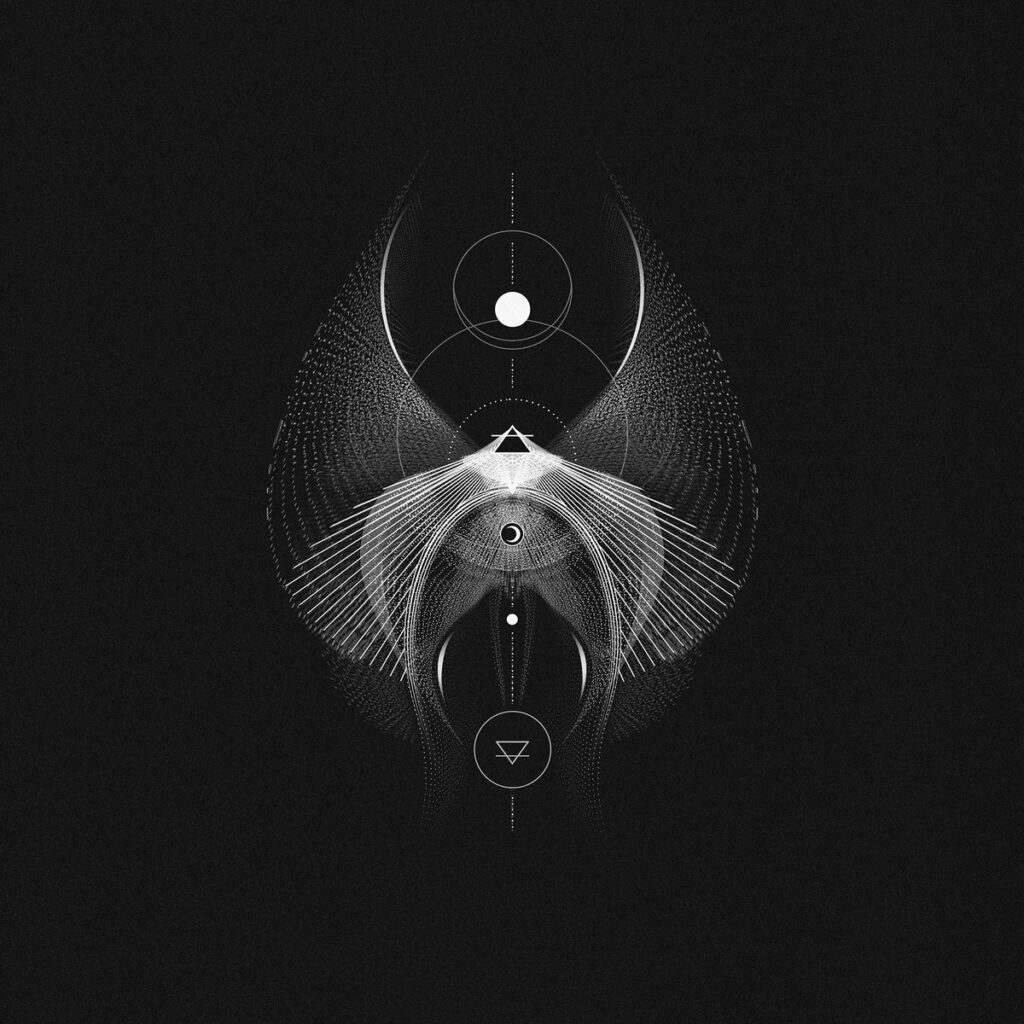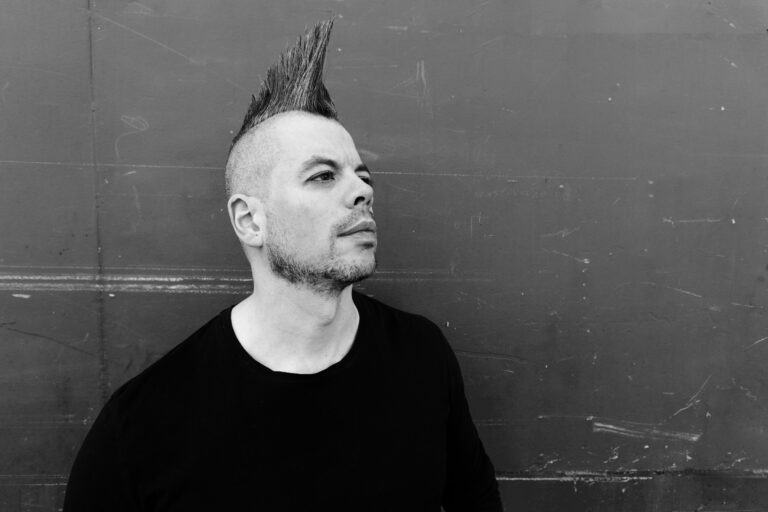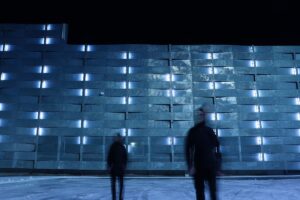It’s impossible to write about a new Faderhead album without covering the common mythology surrounding the artist: He launched his career in dark electro making party anthems like “Dirtygrrrls/Dirtybois” and “Coke for My Ass.” There wasn’t a lot of substance there.
And then somewhere around his fifth or sixth album—it’s hard to say exactly when, it was a subtle evolution—Faderhead started to mature.
For me personally, I noticed this potential the first time I heard “Horizon Born,” a ballad from way back in 2009. There is a real tenderness in both the lyrics and the music that made me realize the emotional resonance Faderhead is capable of. Don’t get me wrong, “TZDV” is an absolute banger and a blast to dance to in a club, but it’s nice to know there’s something deeper noodling around beneath the mohawk.
Every Faderhead release since has included thoughtful tracks scattered amongst the dancefloor pounders.
On Asteria, Faderhead’s evolution feels fully realized. He’s put together an album that’s not just a collection of songs, but a congruous work of music with cohesive themes running around and some of his most contemplative lyrics.
Faderhead seems to be reflecting on his legacy and how people see him, as an artist and a person and a member of society. On “Asteria,” the title track, he sings about viewing his death from above and wondering what it reveals. He doesn’t sound content with being the guy known for counting to four in German. For the record, there are several figures in history named Asteria, but Faderhead is referencing the goddess of nightly illumination. He’s looking to the stars to become something better.
The album opens with “From His Broken Bones,” a song about how our experiences, especially our suffering, shapes who we are. It’s a throbbing track that finds a nice groove somewhere between futurepop and electro. But it’s merely a starting point. Faderhead sings about change on several tracks, most noticeably on “Murder,” in which he claims to want to “murder everything I am.” Later on “The Bottom,” a sinister track with a nice echo effect on the verses that sounds like some shadowy entity whispering in your ear, he sings ” Everything that was you needs to crash and die.”
It’s not just how he sees himself that runs through Asteria. Faderhead is also concerned about our surveillance state, the unknown others constantly looking down upon us, from the stars perhaps. “Watching the Watchers,” one of the stand-out tracks on Asteria, has a propulsive beat, crashing hi-hats, and an ominous synthline.
The song opens with this sample: “You cannot have one hundred percent security and one hundred percent privacy with zero inconvenience.” That’s a quote from former President Obama, though Faderhead has re-recorded it or pitch-shifted it, presumably so we don’t get distracted by the source. The song includes the line “times when severed heads prevail,” which gets repeated on another track, the fist-pumping “Slowly We Inch,” making the theme of being observed feel omnipresent across the album. He has a real anxiety about being watched all the time.
This is not the first time he’s tackled socio-political issues in his music, but it’s his most realized. “No Gods, No Flags, No Bullshit,” from FH-X, seemed to tease where Faderhead stood on politics. He’s not having any of it. But here, he’s sampling world leaders and talking openly about topics like loss of privacy. He’s not going full Grendel and making a political album, but it’s clear Faderhead cares about issues.
None of this is to say that Faderhead has abandoned the club scene. His trademark fat basslines run throughout the album, which makes nearly every track feel massive in your headphones or on dancefloors. “The Acid Witch” will probably get the most DJ play, though I wouldn’t mind stomping around a smokey dancefloor to “Neophobiac”—a song that is clearly about people in clubs who only want to hear the old stuff and aren’t interested in how an artist evolves.
Favorite tracks: Watching the Watchers, From His Broken Bones, Asteria







